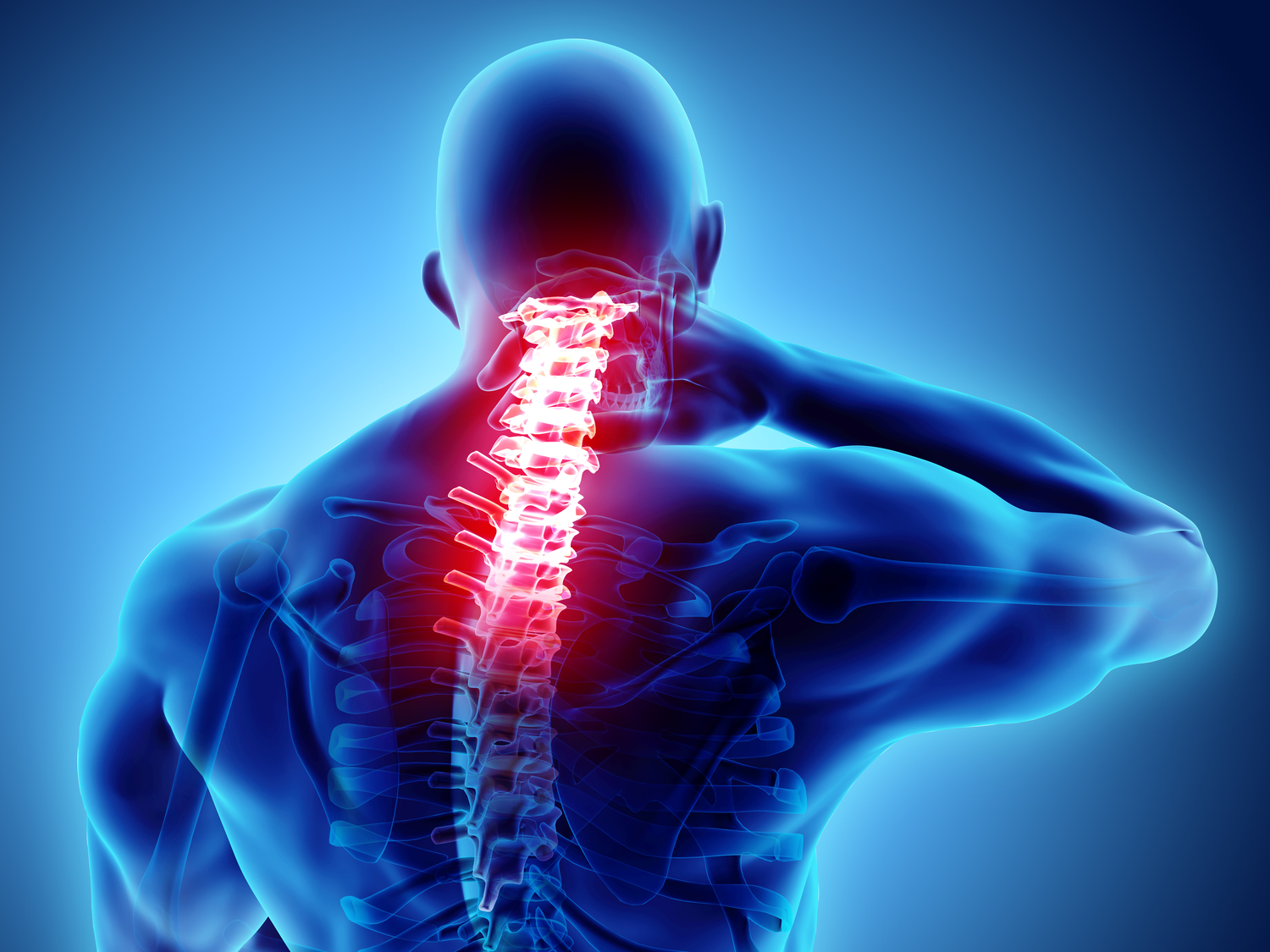Effective Strategies for Alleviating Neck Discomfort
Discover effective methods to manage neck pain, from lifestyle changes and home remedies to medical treatments. Learn about causes, risks of neck cracking, and when to seek professional help for persistent discomfort. Maintain neck health and prevent chronic issues with proper care and awareness.

Effective Strategies for Alleviating Neck Discomfort
The cervical region comprises vertebrae connecting the skull to the upper torso. These vertebrae include shock-absorbing discs, supporting functions and enabling movement. Supporting tissues like muscles, ligaments, and bones maintain neck stability. Pain or stiffness in this area can be caused by inflammation, injuries, or structural issues.
Neck discomfort often arises from poor posture, injuries, or sudden movements during physical activity. Most cases are minor and resolve quickly, but persistent or severe pain should prompt medical evaluation to prevent chronic issues. Lasting more than a week or accompanied by severe symptoms require prompt medical attention.
Common Causes of Neck Pain
Various factors contribute to neck discomfort and stiffness:
Muscle Strain and Tension
Activities and habits leading to muscle stress include:
Poor posture during desk work
Extended periods with no position change
Sudden neck jerks during exercise
Incorrect sleeping positions affecting the neck
Underlying health issues such as heart problems, meningitis, or fibromyalgia
Medical assessments involve physical exams and a detailed review of medical history, medications, and recent injuries. Additional diagnostic tests like X-rays, MRI, or blood tests help pinpoint the cause. Treatment options vary and may include stretching, physical therapy, medications, or advanced interventions.
Standard treatments comprise:
Stretching and exercises
Medications including anti-inflammatories and muscle relaxants
Ice or heat therapy
Use of neck braces or collars
Corticosteroid injections
Alternative therapies such as acupuncture, chiropractic care, massage, and electrical nerve stimulation can also provide relief.
Home Remedies for Mild Neck Pain
Minor discomfort can often be managed with simple home remedies:
Over-the-counter pain relievers
Applying ice packs initially, then heat therapy
Avoiding activities that worsen pain
Maintaining good posture
Using supportive pillows while sleeping
Gentle daily neck exercises
Avoiding phone cradling between neck and shoulder
Gentle neck massage
Understanding Neck Cracking
Many people habitually crack their necks or joints to relieve stiffness. While occasional gentle cracking is generally safe, frequent or forceful attempts can cause harm, such as nerve pinching or muscle strain. Overdoing it may also lead to joint instability and increase risks of conditions like osteoarthritis, especially in hypermobile joints.
Forceful or careless cracking can result in pain, nerve compression, or joint damage. It’s best to avoid habitual cracking and seek professional guidance for persistent discomfort.









